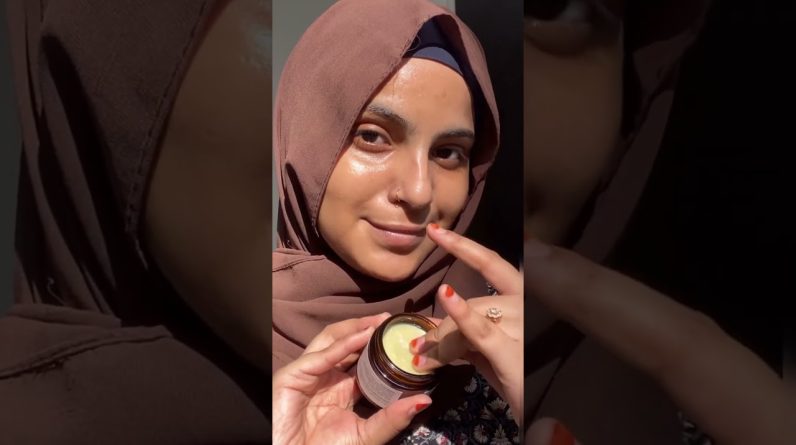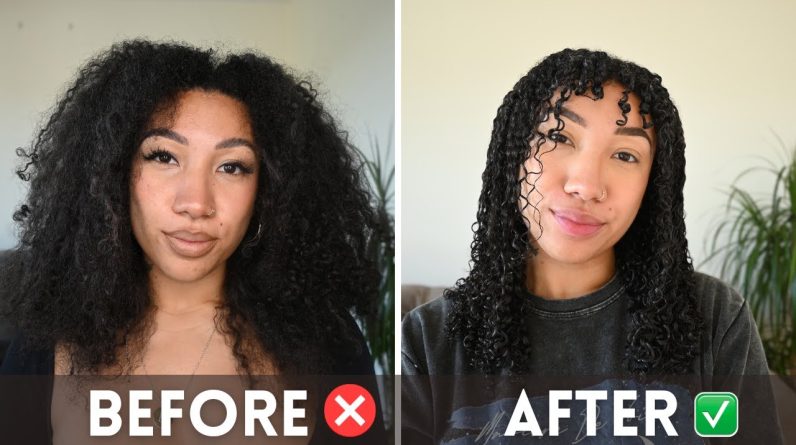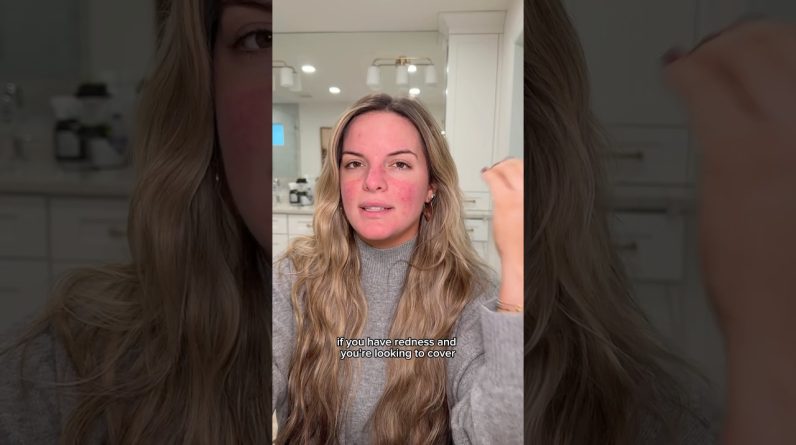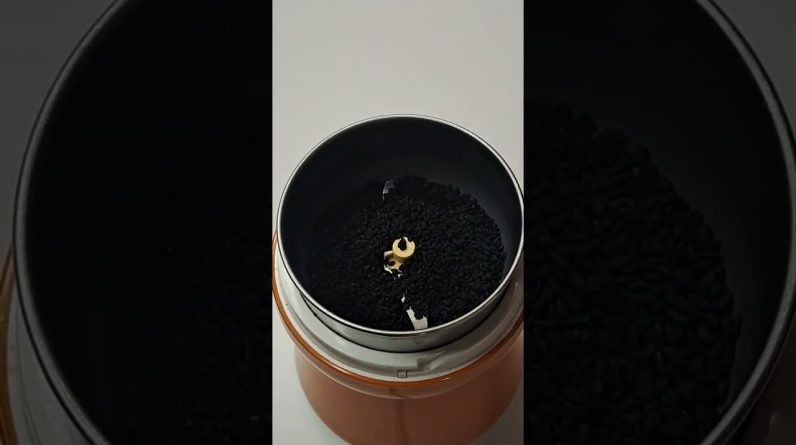.
Chapters
0:00 Introduction
0:53 Causes of dry scalp
1:22 Causes of dandruff
2:04 Do you have dandruff
2:14 Treating a dry scalp
2:41 Treating dandruff
You can develop a dry scalp if your scalp does not have sufficient oil for the skin to feel lubricated.
• This can result in flaking, itching, and irritation. It also makes the air look dry.
• Sometimes, washing your hair every day or not drinking enough water can cause a dry scalp.
• Conditions like eczema or psoriasis could also cause dry scalp.
• Those with dry skin are more susceptible to dry scalp, The things that cause dry scalp include excessive washing and dry air, especially in the winter months.
Dandruff
• Just like the rest of the skin, the scalp sheds dead skin cells. When this process speeds up, it is called dandruff.
• The more the scalp sheds dead skin cells, the worse the dandruff.
• Potential causes of dandruff include oils secreted by the scalp, fungal infections, or sensitivity to substances like hair products.
Symptoms
• People with dry scalp may notice flakes shedding from their scalp, just like dandruff, however, they are usually smaller and whiter.
• Dandruff flakes are usually larger and may look oily.
• While both dry scalp and dandruff tend to come and go, dandruff caused by fungal infection doesn’t get better without treatment.
• Both conditions make the scalp itchy and irritated.
Differences between dandruff and dry scalp
• Most people find it difficult to differentiate between the two conditions.
• In general, flakes are more likely to be dandruff if the scalp feels oily, hair looks greasy, and when there is intense scalp itching.
• It is possible to have both conditions.
When to see a doctor
• Both conditions can be managed using home remedies
• You should see a doctor for a flaky scalp if home treatments do not work, if there are open wounds on the head or face or if there are other symptoms like sores and redness.
• People with autoimmune disorders or chronic illnesses should talk to their doctor before treating dandruff because the symptoms may be due to another condition
Treatment options
• People with dandruff should use an anti-dandruff shampoo to wash their hair regularly.
• Most dandruff shampoos contain pyrithione and this will help treat many underlying causes of dandruff
• The coal tar shampoo is another option to treat dandruff.
• Coconut oil can be used to treat dry scalp, it moisturizes the scalp and its antibacterial and antifungal properties reduce the risk of infections.
• Aloe vera also has a lot of properties to treat dry scalp. Its inflammatory properties reduce skin irritation and are an effective moisturizing agent.
• People whose dry scalp or dandruff doesn’t improve with home remedies should see a doctor.
Prevention
• Going long periods without shampooing can make dandruff more visible.
• In some people, dandruff is a chronic condition that tends to go and come back, and it is unclear if it can be prevented.
• You can prevent dry scalp by shampooing less frequently, switching to a moisturizing shampoo, using a humidifier to keep skin from getting dry, using less irritating shampoo, and drinking more water.
source







